BLOG
Neurosweat

How to handle tough conversations
When you approach a difficult conversation like a performance and integrate mental skills in a purposeful way, you give yourself the best opportunity to be in control of yourself. Self-regulation is the key for effective communication and post-conversation satisfaction. Here are 5 tools for navigating tough conversations.
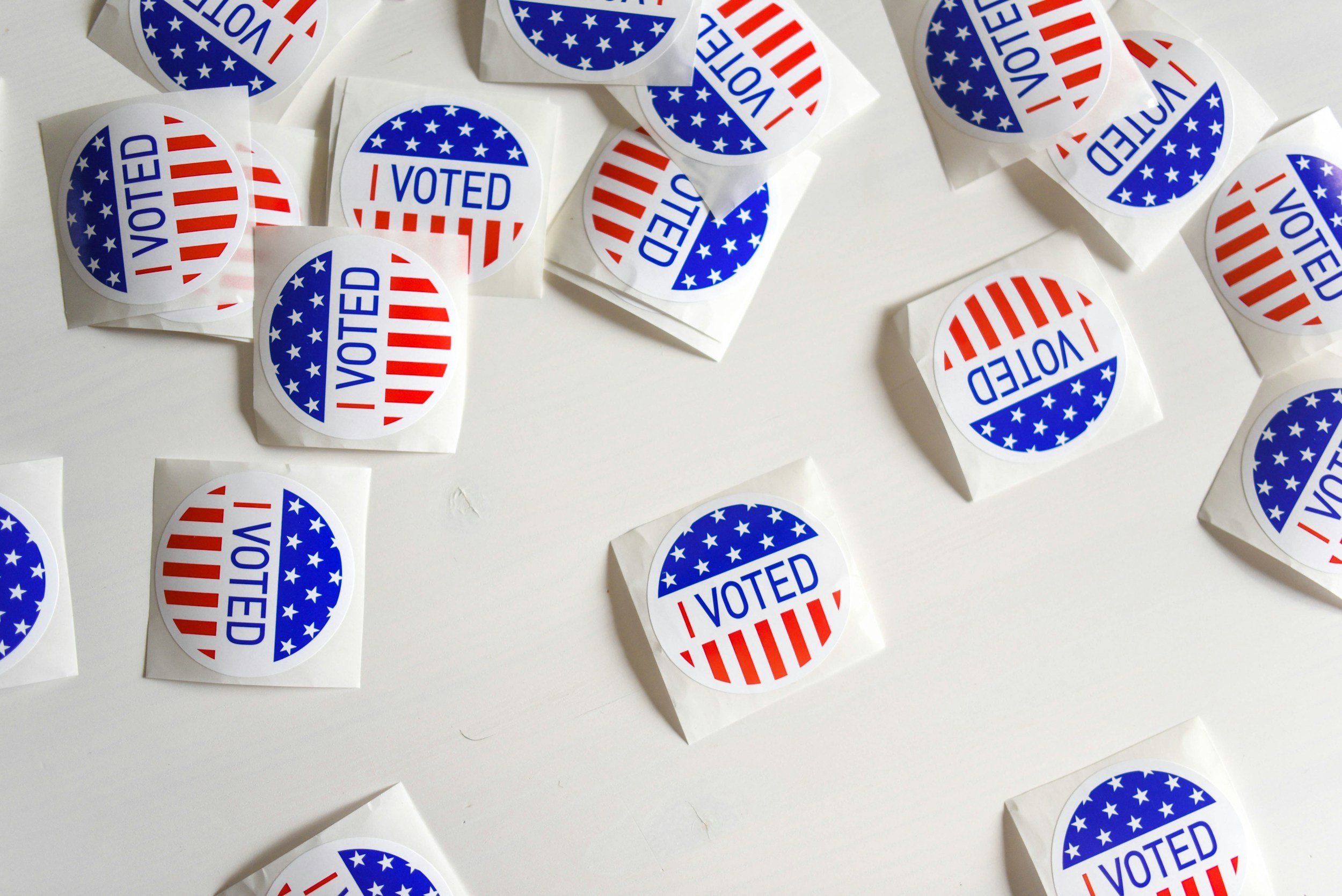
How to manage election anxiety
This has been one majorly anxiety-producing election cycle and it's only going to get more intense in the coming weeks. Luckily, we can implement strategies from modern science and ancient wisdom to navigate our emotions and show up fully anyway.
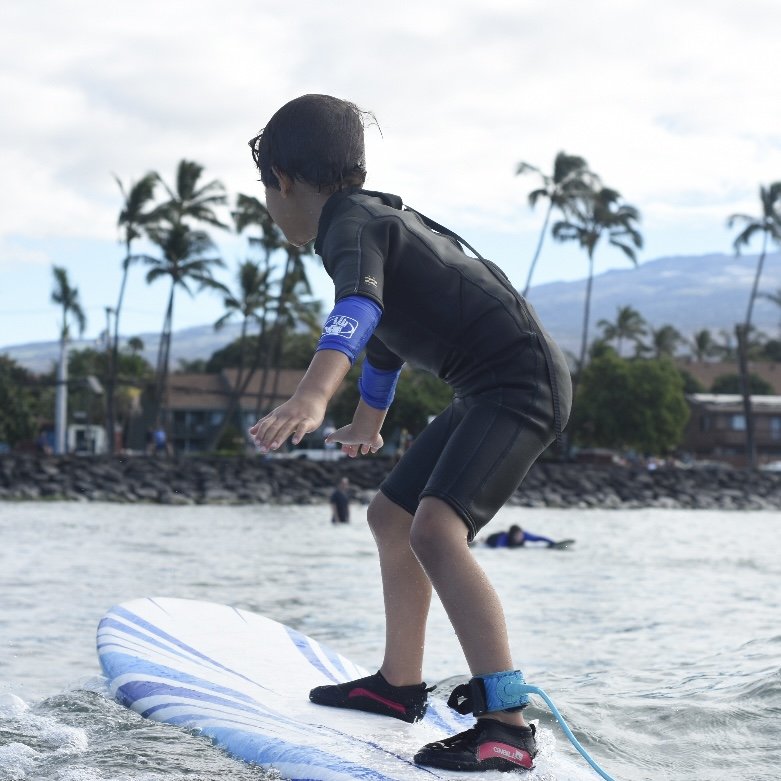
Learning how to ride the wave - in both surfing and parenting
It is such a joy and a challenge having a kid in sports. We get to see them develop friendships, improve their skills, and celebrate their victories. But sometimes, we have to deal with parents who never learned sportsmanship. We also have to see our kids fail, which can be painful, even though we know it’s an important part of their growth.

Mindset tips from the Olympics
Let’s honor the 16 days we spent in awe of the world’s greatest athletes by taking a page from their playbook. Here are 8 Olympian-approved ways to fortify your mental game and elevate your performance - in whatever arena you perform.
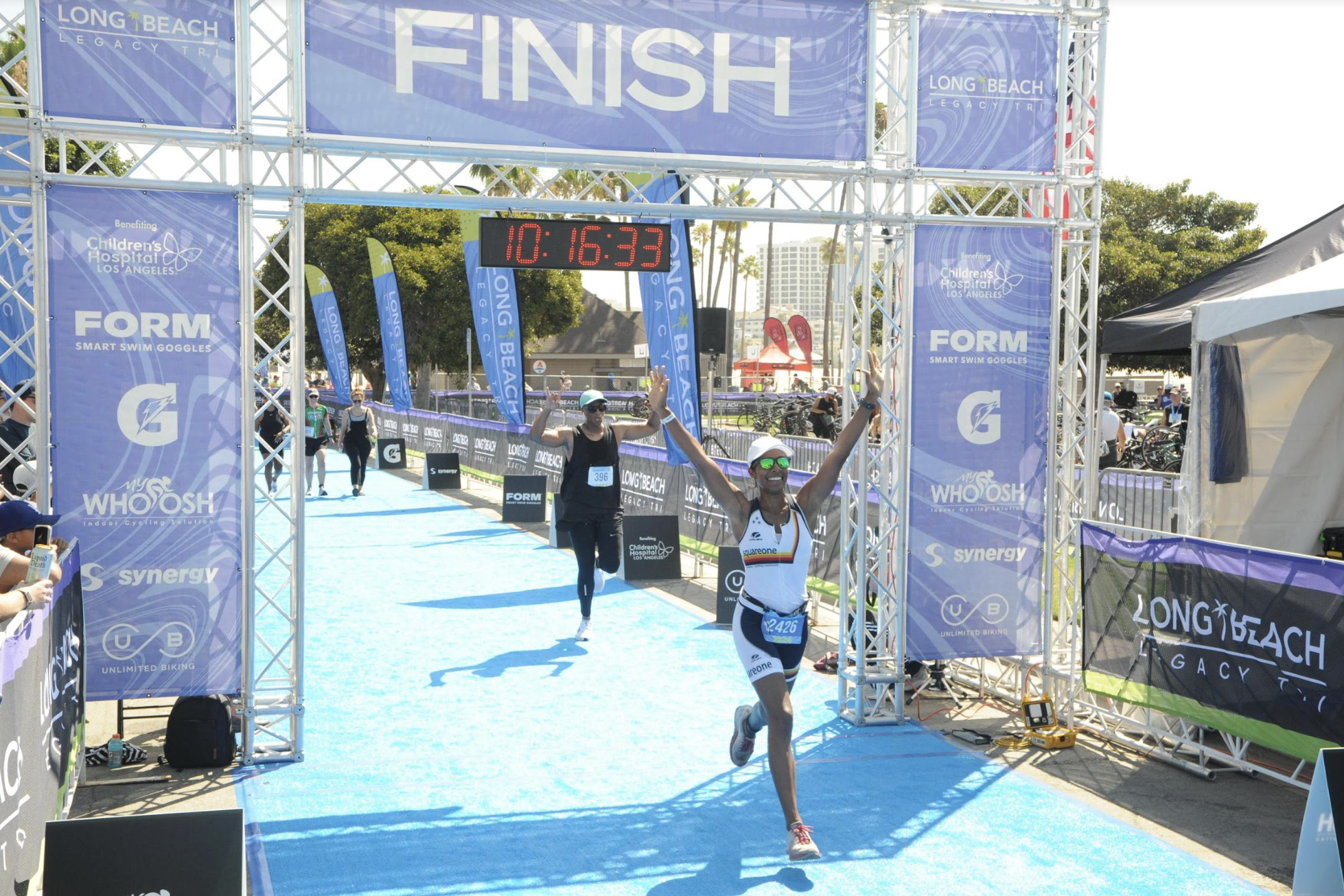
Long Beach Triathlon: Race Recap
0.93 mile swim
24.8 mile bike
6.2 mile run
Recapping my first Olympic triathlon in 6 years

Does self-compassion benefit performance?
There are certain mental attributes that you’re sure to hear circling among athletes and coaches: motivation, grit, discipline, resilience, hustle. But self-compassion? I’m not sure that’s ever been mentioned on a football field.

Let curiosity take the lead
Curiosity is an attitude adjuster. It shifts the way in which you engage with your work. Instead of approaching a challenge with trepidation, you boldly step into it, motivated by the desire to better understand yourself and the world around you.
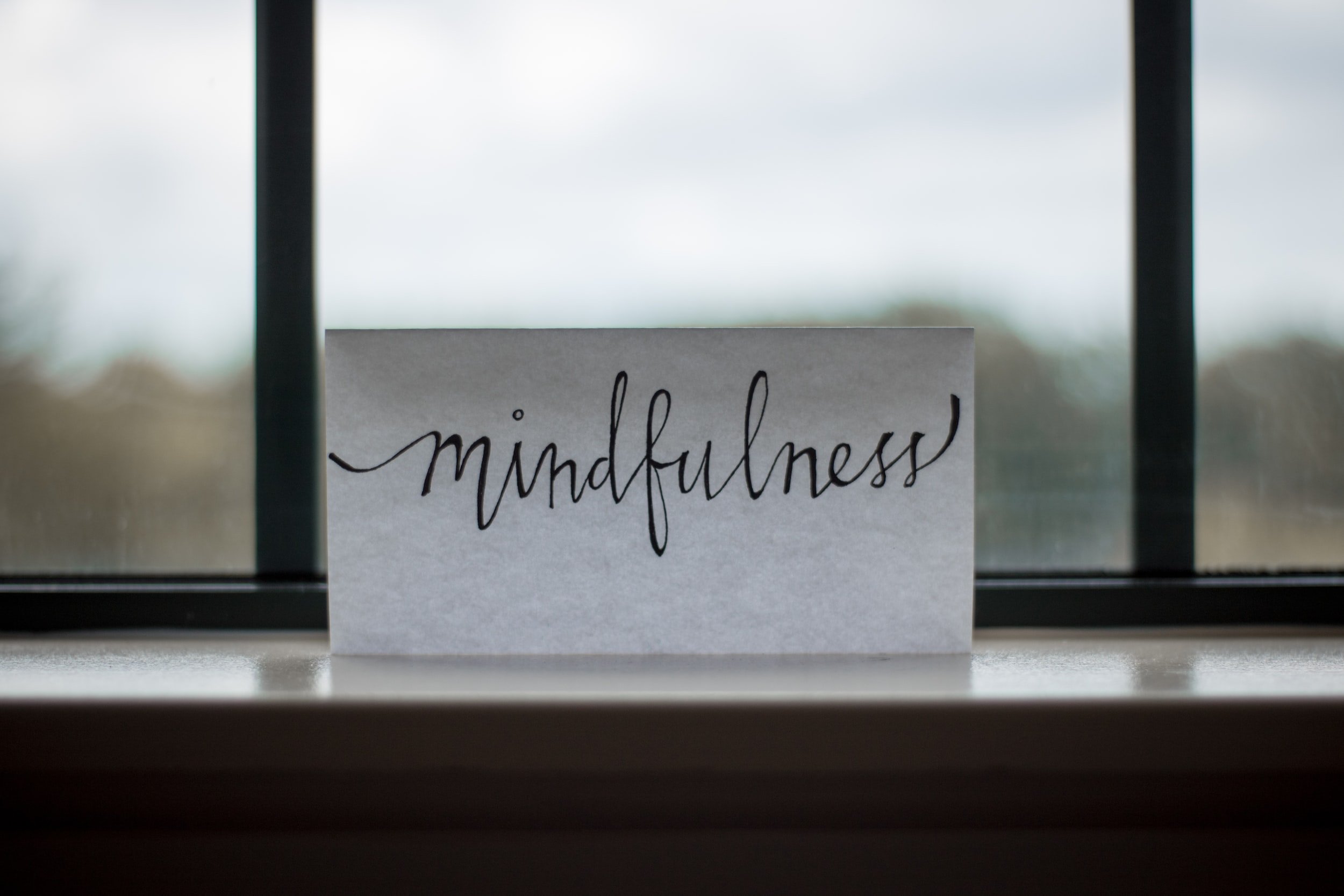
Training the brain for self-awareness
Change begins by first setting an intention. But then, you have enough self-awareness, which mindfulness trains, to recognize when you’re drifting away from that intention.
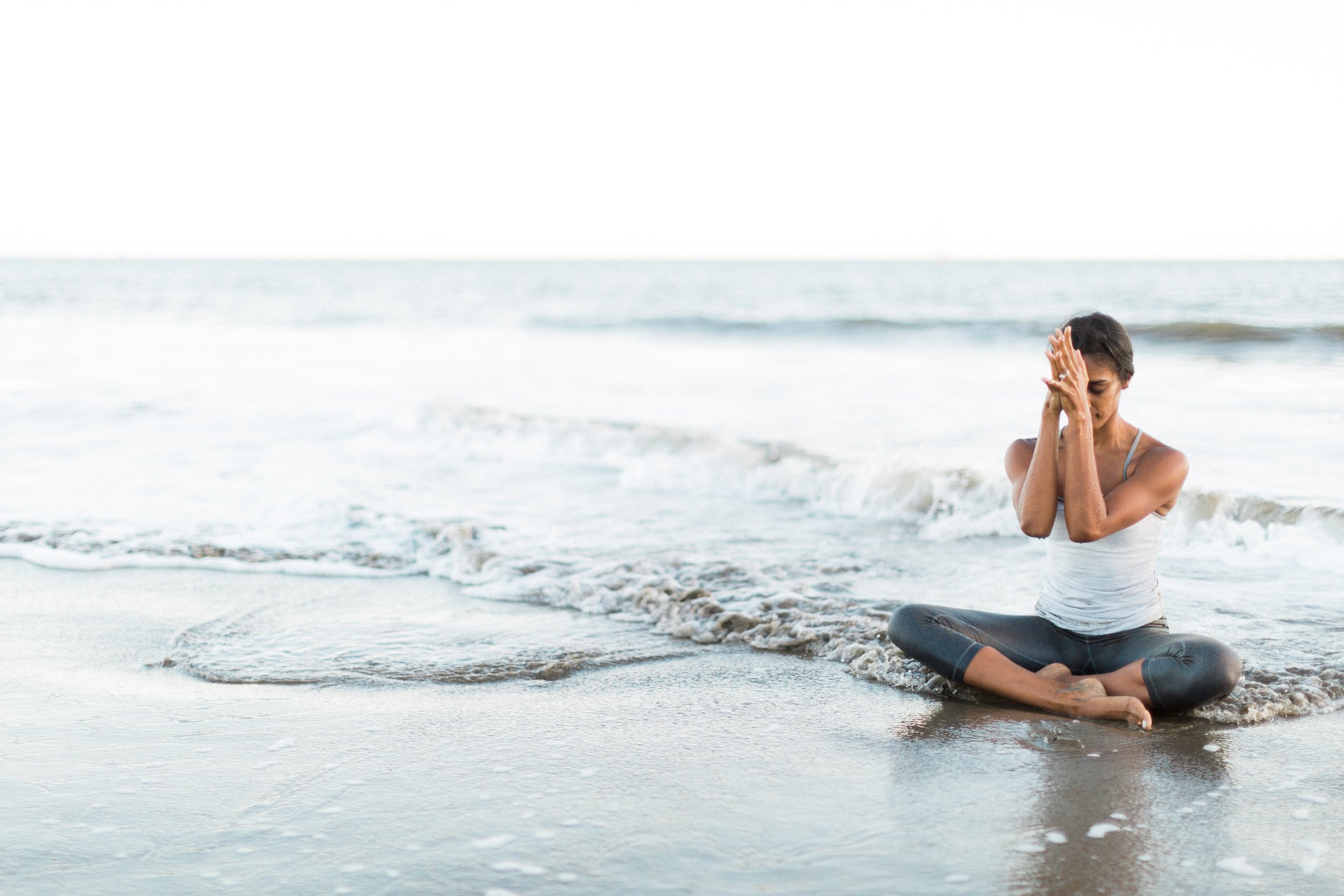
My word for 2023
My intention is that by December, I’ll be proud of all the moments I recognized being off-balanced and was quickly able to re-establish my center. That will be the mark of a successful year.
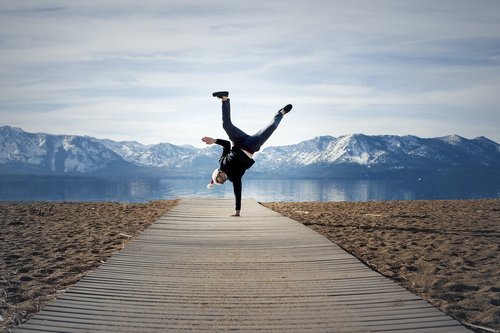
Find your bliss
Bliss is available to each and every one of us, and you’re a heck of a lot closer to accessing it than you think. To give yourself the opportunity to sink into bliss more often, practice the three Ps: Presence, Passion, and Persistence.

Drawing towards the opposite
On our quest to realize our highest potential, we have to be willing to tune out the noise and draw our attention inward. This is where the 5th limb of yoga, pratyahara, comes in.

The neuroscience of breathing techniques
We know that the way we breathe matters. In sport, there’s a growing interest in teaching athletes how to breathe most effectively and efficiently, since the breath has a direct impact on performance.
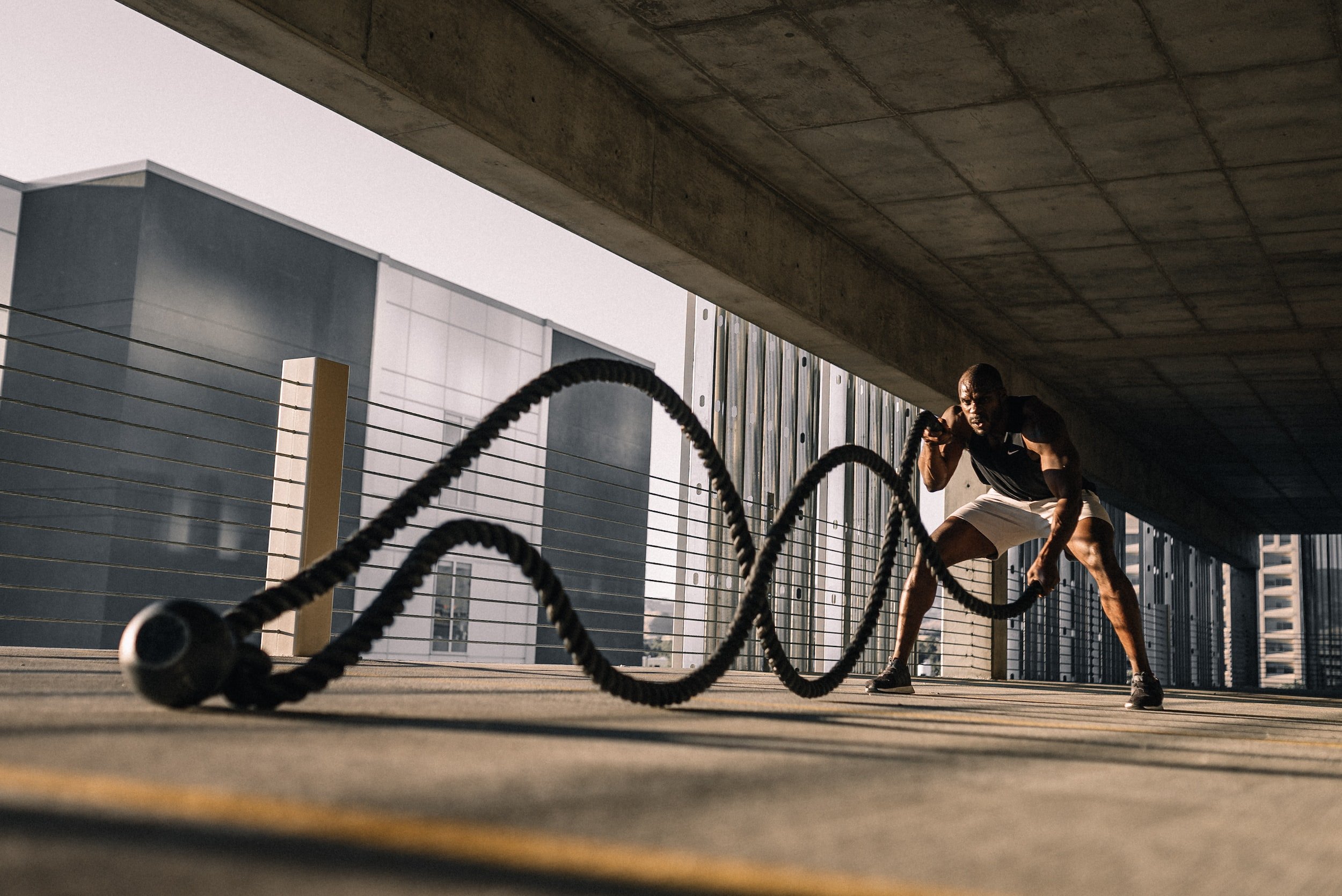
Embrace the suck
To grow in any capacity we have to do hard things. We can either run away from the duty and create resistance. Or, we can “embrace the suck.”

Align with truth
When you contemplate the word “truth”, what comes to mind? In our pursuit of self-actualization, establishing a solid relationship with truth is foundational.
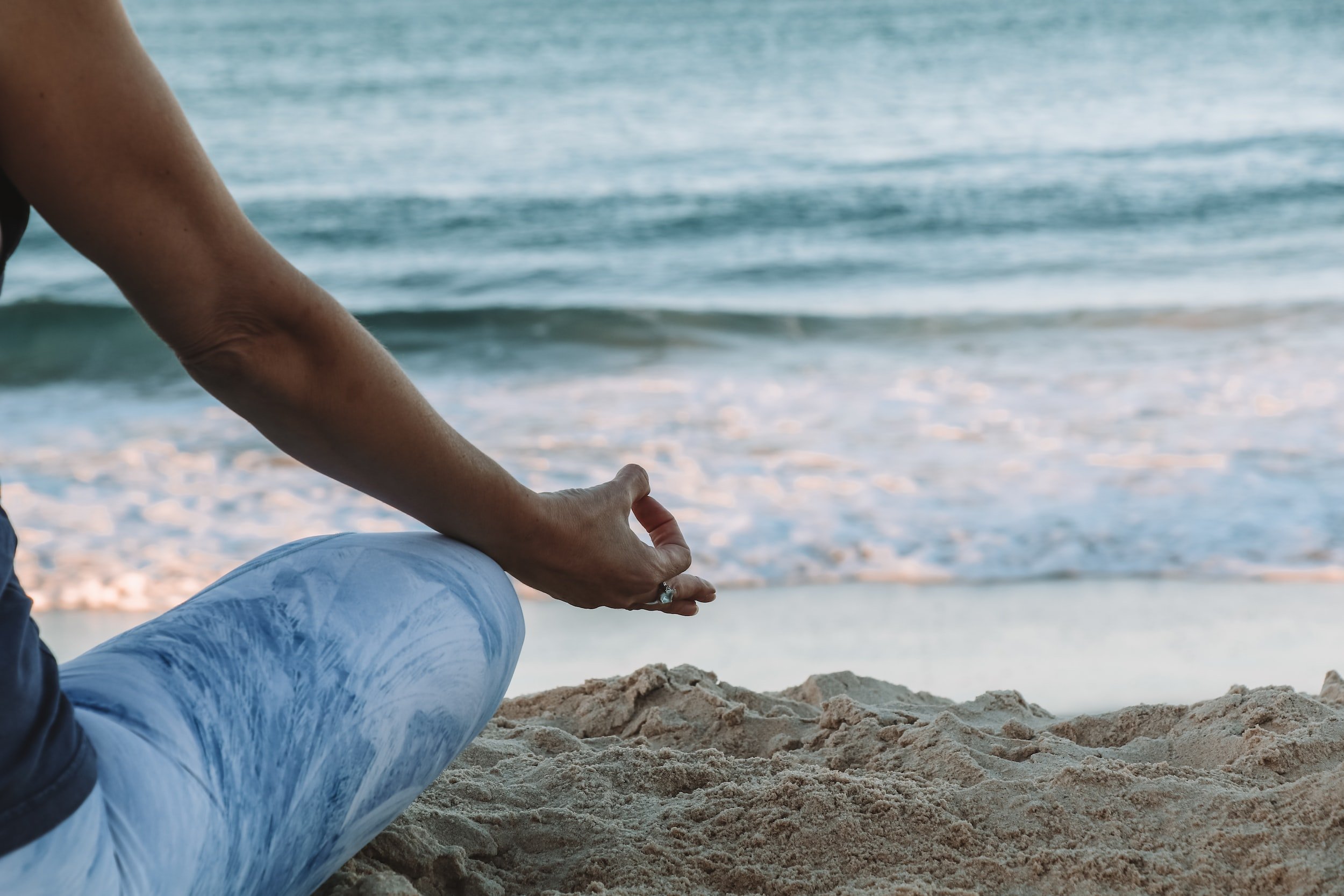
Using yoga philosophy to train mental performance
Patanjali’s Yoga Sutras create a guiding tapestry for leading a meaningful, and ultimately enlightened, life. They can be used by anyone who is truly seeking higher levels of performance, whether in sport, work, or life, and is wanting to master their mind and explore the realm beyond it.

Current reflections on trauma (our fertility story)
Trauma never disappears, but it certainly takes up less space. Over time, we reflect on traumatic events with more objectivity and less attachment.
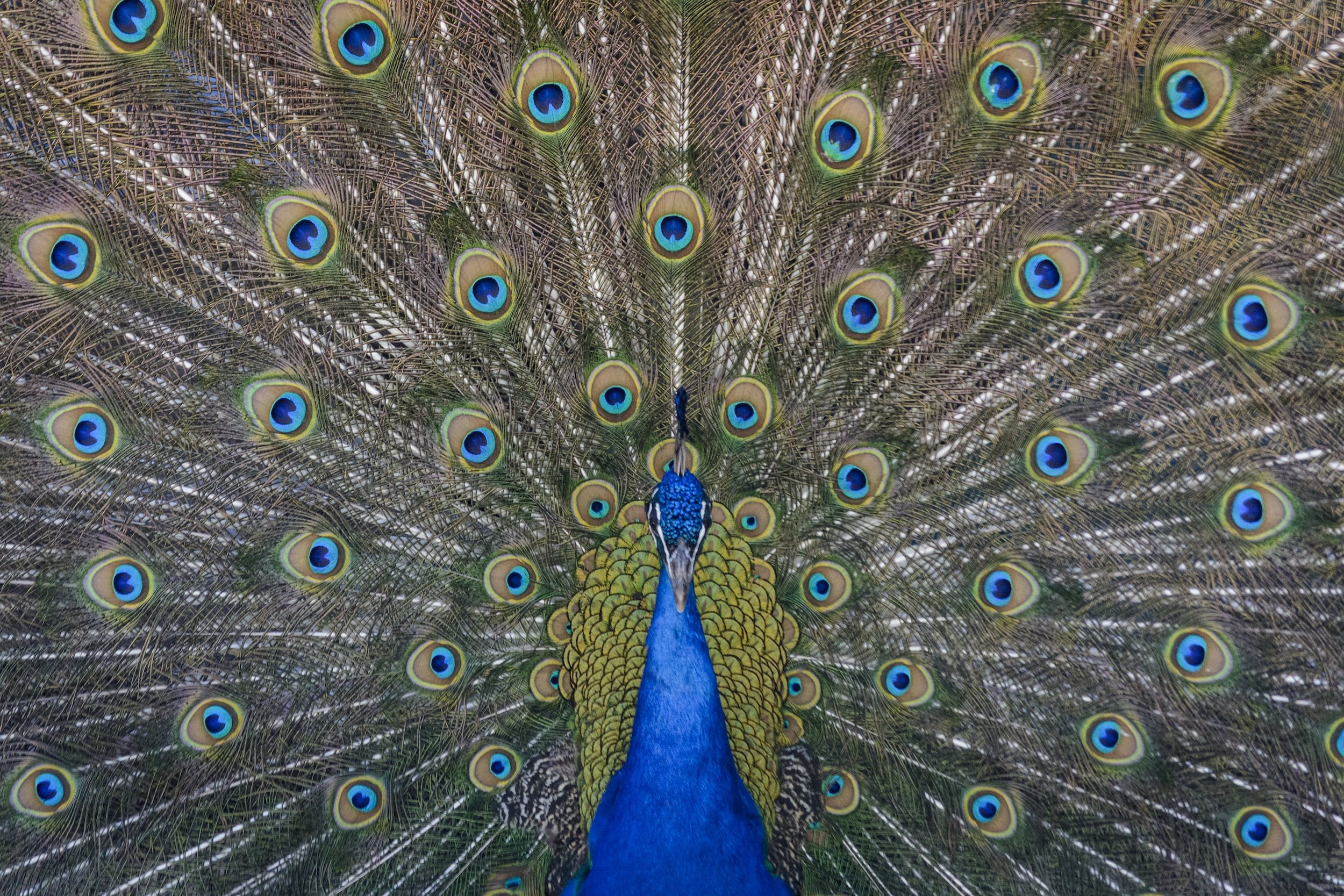
Allow self-confidence to emerge
Self-confidence in sport, specifically, is about tapping into your body’s inner intelligence to achieve a coordinated and powerful movement. If we apply this to running a business, it’s about quieting the chatty mind and critical voice, and allowing your leadership wisdom to shine through. When we dissect this further and consider Self 1 as the ego-mind and Self 2 as the body (including the brain and nervous system), we’re really referring to the ability of Self 1 to trust Self 2. As that trust is developed, so too is our self-confidence, which over time allows us to just do the damn thing . . . instead of always doubting and getting in our own way.

Positive thinking isn’t always better
Negative thinking gets a lot of nasty looks - and for good reason. It has a very real effect on one’s psychology and can become a self-fulfilling prophecy. But, what about positive thinking? Is it all that it’s cracked up to be?
Now, don’t get me wrong. In a head to head battle, positive thinking will beat negative thinking almost every time. The psychological and physical health research supporting positive thinking is pretty convincing.
But, there’s also a downside to positive thinking that’s not always discussed and the key is in the second word: thinking. This downside is most detrimental when we’re initiating an action or trying to perform in intense pressure situations.

Releasing self-judgment to perform better
How do we create a more harmonious relationship between Self 1 and Self 2? The first step is to practice non-judgment, particularly as directed to yourself. A judgmental thought is one that attaches a valence, such as positive or negative, to an event. The act of committing this thought takes away from the experience itself. It prevents us from experiencing the event as it is. How does that relate to Self 1 and Self 2? Well, a single judgmental thought can open Pandora's box. It’s the gateway for an entire sequence of thoughts, which quickly pulls us out of the present moment and our chance of pure, uninhibited performance. Let’s break down what happens when a judgmental thought enters your mind.

Introducing Self 1 and Self 2
In an effort to drop into peak performance more frequently, it’s helpful to have a broad understanding of what’s going on in the mind when we’re not in flow.
In his book, The Inner Game of Tennis, Timothy Gallwey introduces the reader to Self 1 and Self 2. Self 1 can be thought of as the ego-mind. It’s always thinking, always commenting, and incredibly judgmental. Self 2 is the body. It includes the unconscious mind and the nervous system. Self 1 is the “teller” and Self 2 is the “doer”. But, Self 2 is not subservient. It is actually very wise; it just doesn’t have a chance to do its thing because, well, Self 1 nags . . . a lot.
